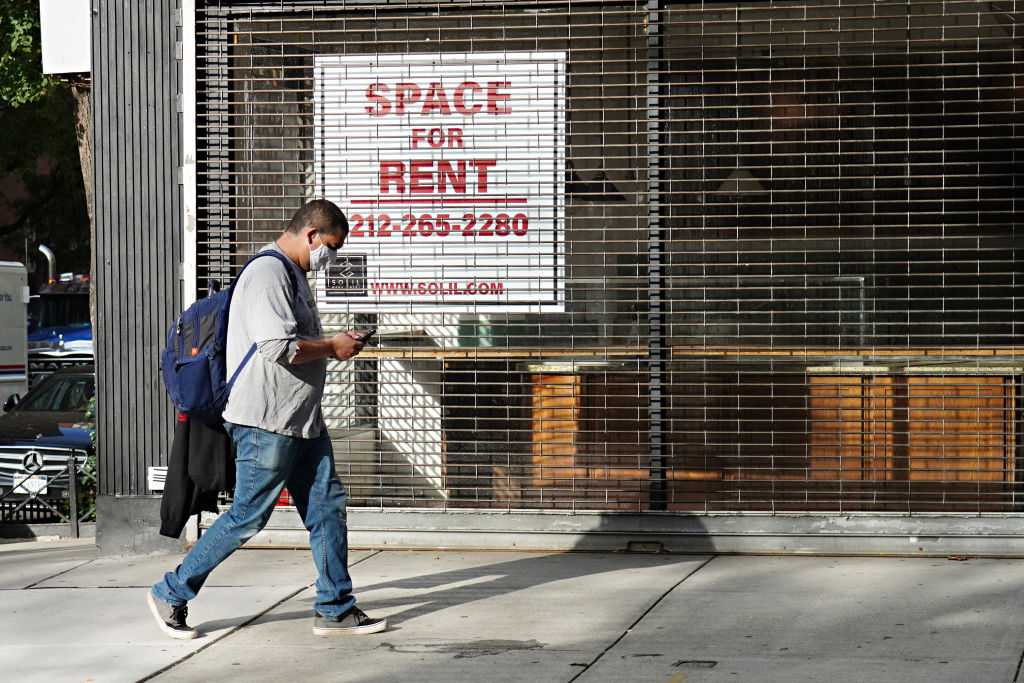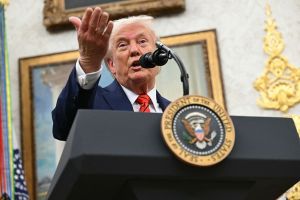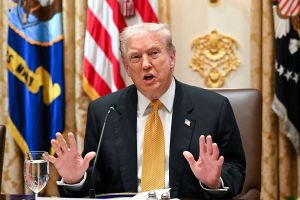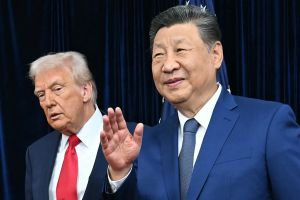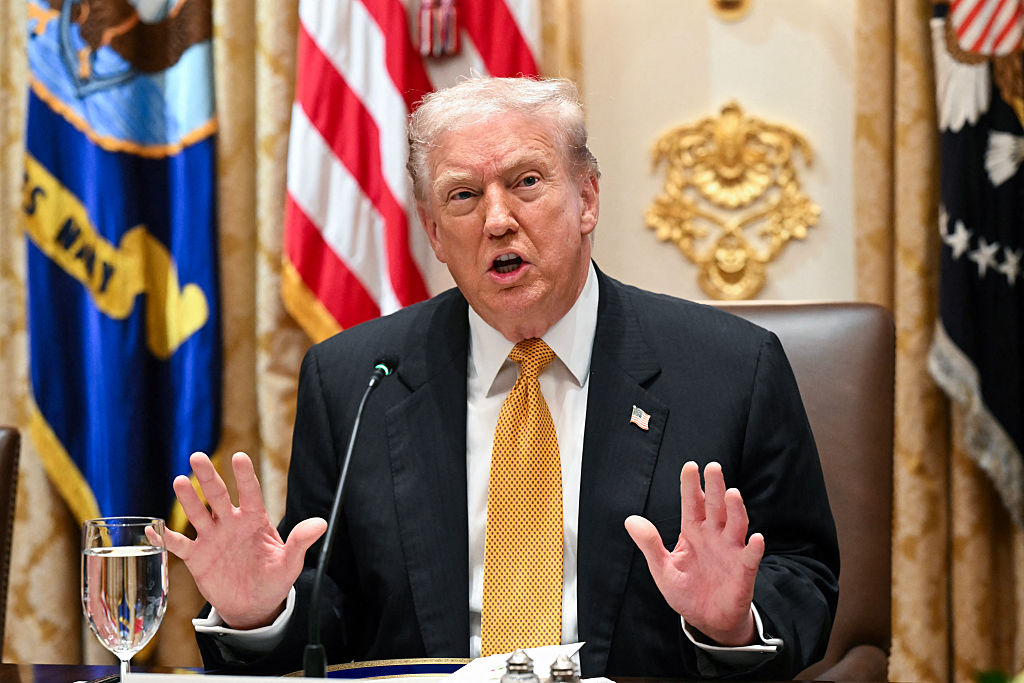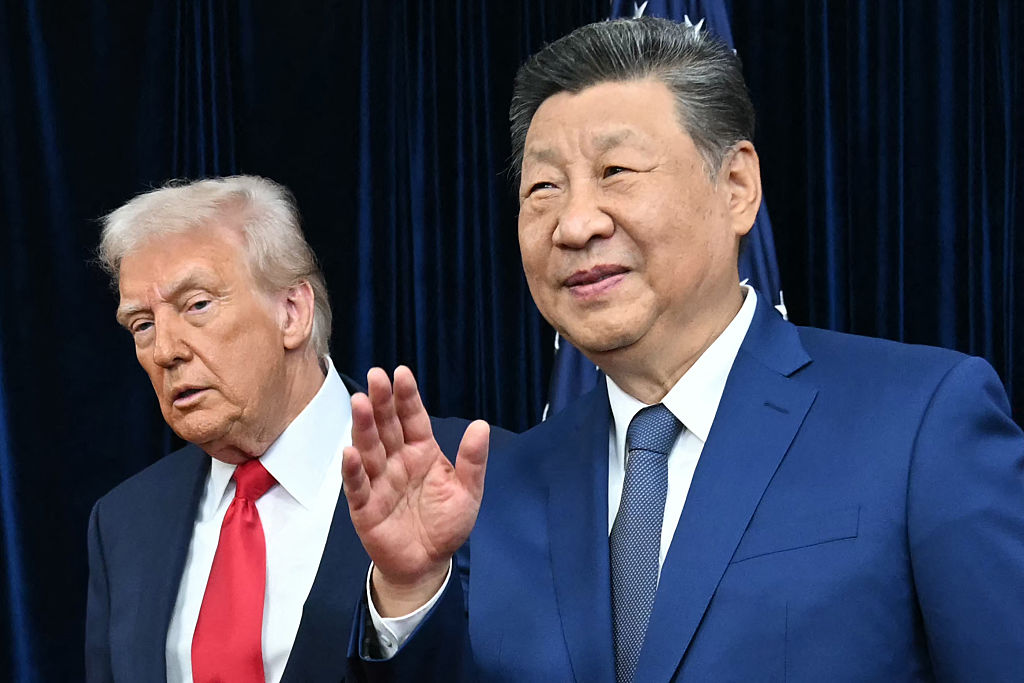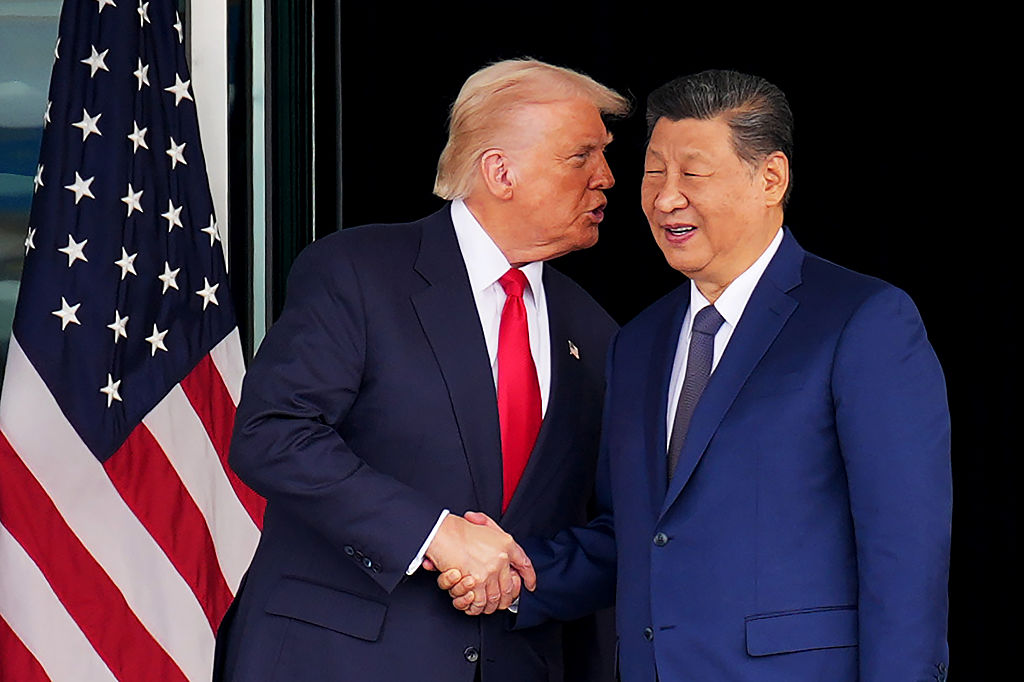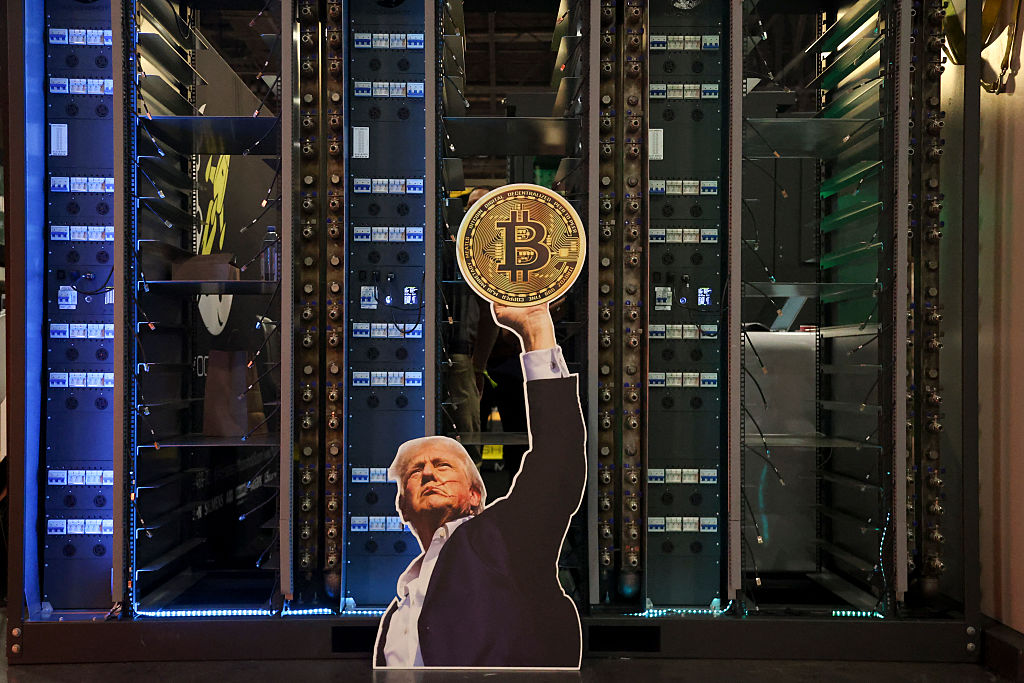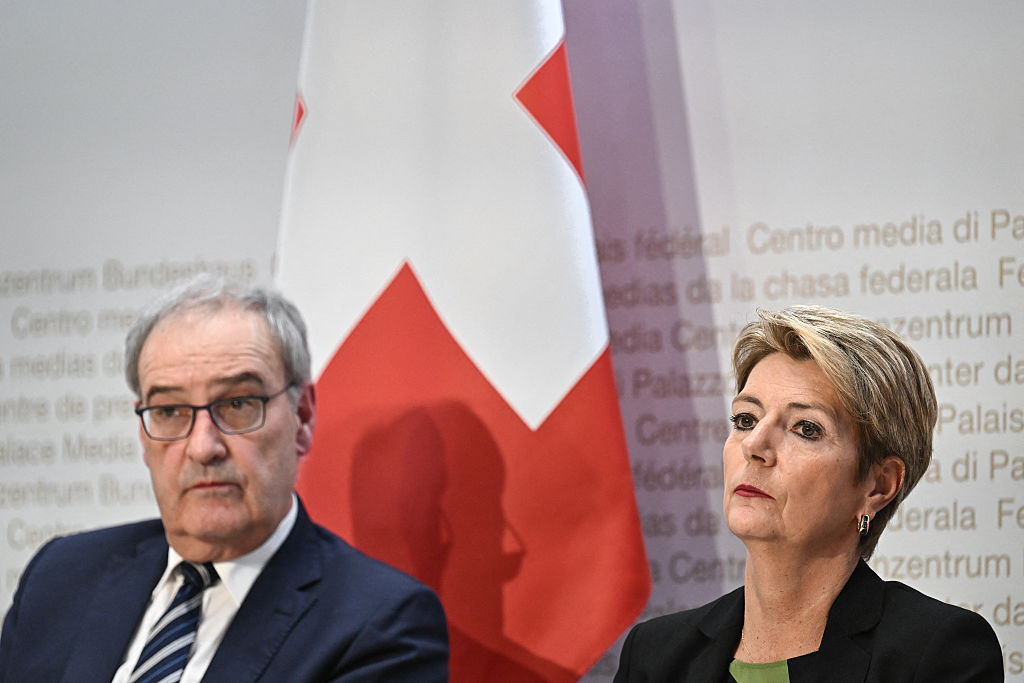After serving in World War Two and many years working in the dental supply business (sans a high school diploma), my grandfather made a decision as a husband and father of five young children: he went into business for himself.
It takes guts to start your own enterprise, especially when it means leaving the relative safety and security of steady employment. My grandfather worked long hours. He recruited his children to help with all manner of odd jobs, such as cleaning the warehouse. With no retirement package to speak of, he might have worked into old age, except for a clever merger with another small business aimed at attracting the attention of a UK-based company that in time bought him out.
I suppose you could say the global capitalist system worked for my grandfather…sort of. Obviously, he was hard-working and shrewd. He also got pretty lucky. The stars don’t align for a lot of other American businessmen (or those employed by them), even those with a strong work ethic and a decent degree of intellectual acumen. That’s especially the case when government policies obstruct entrepreneurship — a third of America’s small businesses have closed during the pandemic, and much of that is due to government-imposed restrictions.
That concern is at the heart of Oren Cass’s book, The Once and Future Worker: A Vision for the Renewal of Work in America, which offers what the author calls a working hypothesis. This is: “A labor market in which workers can support strong families and communities is the central determinant of long-term prosperity and should be the central focus of public policy.” We should consider what Cass has to say if we want to give fledgling entrepreneurs a fighting chance against a federal workforce that is approaching record heights.
Cass himself faces an uphill battle, given that he is a conservative attacking long-held Republican (and increasingly Democrat) dogmas regarding economics, free trade, and globalism. Considering our current economic model, he observes:
We got exactly what we thought we wanted: strong overall economic growth and a large GDP, rising material living standards, a generous safety net, rapid improvements in environmental quality, extraordinarily affordable flat-screen televisions and landscaping services. Yet we gave up something we took for granted: a labor market in which the nation’s diverse array of families and communities could support themselves.
Anyone familiar with the writings of Robert Putnam or Charles Murray knows what Cass is talking about. America’s middle class is shrinking, and the nation’s wealth is increasingly concentrated in fewer hands.
Of course, free-trade advocates hold up cheap goods as one of the best reasons for lower trade barriers. In The Choice: A Fable of Free Trade and Protectionism, economist Russell Roberts cites less expensive televisions as precisely the kind of benefit the global economy provides to American consumers. Russell leverages revered British economist David Ricardo and his theory of comparative advantage — that people, and economies, need to be free to pursue more productive and efficient economic opportunities — to show that the benefits of such an arrangement are a greater diversity of goods and a higher standard of living.
But something got lost along the way. Roberts acknowledges that reducing trade barriers brings temporary destabilization to communities, but claims this will eventually prove beneficial as Americans pursue new and better economic opportunities. “To really see what has happened to those towns, you would have to take account of how the lives of the kids who left town have been transformed,” he writes.
Yet Charles Murray’s book Coming Apart shows that this isn’t what’s happened. Not everyone can quickly transition into the “knowledge economy,” and those who do have mostly just contributed to the concentration of wealth and IQ in the so-called super zips. And despite a doubling of expenditures in public education since the 1970s, less than half of young Americans are completing community college, let alone a bachelors program.
Nor is increased efficiency and consumption necessarily correlated with increased fulfillment. Depression rates in America were already high prior to the pandemic, but have tripled since it began (perhaps something to do with enforced isolation?). Many social theorists identify economic instability as a factor in steep declines in full-time work, marriage rates, and religious attendance, all of which have exacted their own significant social and economic tolls.
Indeed, much of Roberts’ pro-free trade analysis seems out of step with our pandemic era. He discourages protecting certain American industries deemed essential for national security, a problem that the coronavirus, among with many other foreign policy dilemmas (e.g. Taiwan’s corner on the semiconductor market) has put in sharp relief. China’s mercantilist policies of subsidizing key domestic industries and placing exporters at insurmountable disadvantage have been pursued on an unprecedented economic scale, while Beijing flouts the rules of the international trading system. Local content requirements mandate that foreign companies enter into joint ventures with local companies in China, enabling a different kind of comparative advantage, since this helps facilitate China’s notorious intellectual property theft.
Cass notes that “departing from the market’s default outcome will always appear expensive if the ‘efficient’ default is defined as the overriding social goal.” People need labor for many reasons: not only income but to give them a sense of purpose and provide stability to their families. When they have to periodically drop out of the workforce — and especially if they have little if any savings — the consequences are not just financial but social and psychological.
The free market, Cass acknowledges, is a powerful mechanism for “fostering choice, promoting competition, and allocating resources.” But creating the freest possible market cannot be an end unto itself, because sometimes the most efficient outcome doesn’t correlate to a flourishing human society.
Consider smartphones and social media, which, though hailed as enablers of efficiency, were also designed to be addictive. A growing body of academic studies is bolstering anecdotal evidence that iPhones and Twitter are vitiating student competence, not to mention proliferating pornography that feeds addictions and treats people as products to be consumed.
What Cass proposes, pace Roberts and other free-trade purists, is a political and economic system defined by trade-offs that elevate the renewal of work and family, sustained by a healthy labor market. This includes, for example, providing a subsidy for low-wage work that is funded by higher tax rates and reduced transfer payments, rather than imposing those costs on business owners themselves. People are thus rewarded for joining (or staying in) the economy, and generating an income to provide for themselves and their families, rather than simply getting handouts in the form of, say, universal basic income.
Such measures would certainly be viewed by sole proprietors like my late grandfather as a welcome replacement for minimum wage laws. And they would go a lot further to protect those small businesses than the risible virtue signaling of tech behemoths like Google and Amazon, who, while actively accelerating the greatest wealth transfer from the middle class to elites in American history, pretend like their business model is good for small enterprises. That disconnect between the globalist technocratic elites and everyone else further exemplifies that it’s not just about the free exchange of goods, but the good itself.



